
Roberta Joan "Joni" Mitchell is a Canadian singer-songwriter and painter. Drawing from folk, pop, rock, classical, and jazz, Mitchell's songs often reflect on social and philosophical ideals as well as her feelings about romance, womanhood, disillusionment and joy. She has received many accolades, including nine Grammy Awards and induction into the Rock and Roll Hall of Fame in 1997. Rolling Stone called her "one of the greatest songwriters ever", and AllMusic has stated, "When the dust settles, Joni Mitchell may stand as the most important and influential female recording artist of the late 20th century".

"Unchained Melody" is a 1955 song with music by Alex North and lyrics by Hy Zaret. North wrote the music as a theme for the little-known prison film Unchained, hence the song title. Todd Duncan sang the vocals for the film soundtrack. It has since become a standard and one of the most recorded songs of the 20th century, most notably by the Righteous Brothers in July 1965. According to the song's publishing administrator, over 1,500 recordings of "Unchained Melody" have been made by more than 670 artists, in multiple languages.

Ladies of the Canyon is the third studio album by Canadian singer-songwriter Joni Mitchell, released on Reprise Records in 1970. It peaked at No. 27 on the Billboard 200, and has been certified platinum by the RIAA. The title makes reference to Laurel Canyon, a centre of popular music culture in Los Angeles during the 1960s. The album includes several of Mitchell's most noted songs, such as "Big Yellow Taxi", "Woodstock" and "The Circle Game".
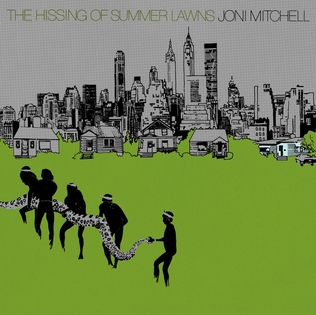
The Hissing of Summer Lawns is the seventh studio album by the Canadian singer-songwriter Joni Mitchell, released in 1975.
"A Case of You" is a song by Joni Mitchell, from her 1971 album Blue.

"Free Man In Paris" is a song written by Canadian singer-songwriter Joni Mitchell. It appeared on her 1974 album Court and Spark, as well as her live album Shadows and Light. It is ranked No. 470 on Rolling Stone's list of the 500 Greatest Songs of All Time.
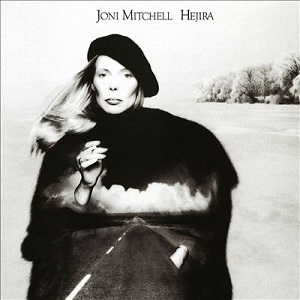
Hejira is the eighth studio album by Canadian singer-songwriter Joni Mitchell. The songs on the album were written during a series of road trips in 1975 and 1976, and reflect events that occurred during those trips, including several romantic relationships she had at the time. Characterized by lyrically dense, sprawling songs, as well as the overdubbed fretless bass playing of Jaco Pastorius, Hejira continued the musician's journey beyond her pop records towards the freer, jazz-inspired music she would implement on later recordings. Some of the songs were written while Mitchell traveled as a member of Bob Dylan's Rolling Thunder Revue tour, and she performed the album's opening track with The Band at their final concert.
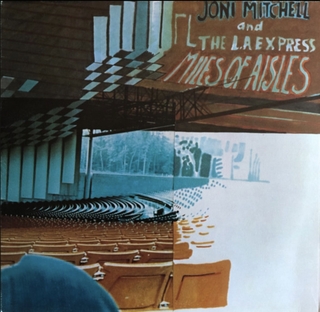
Miles of Aisles is the first live album by Canadian singer-songwriter Joni Mitchell, released in 1974 on Asylum Records. It is a double album documenting her concerts in support of the Court and Spark album with her backing band for the tour, the L.A. Express. It reached No. 2 on the Billboard 200 and became one of her biggest-selling records, certified a gold record by the RIAA.
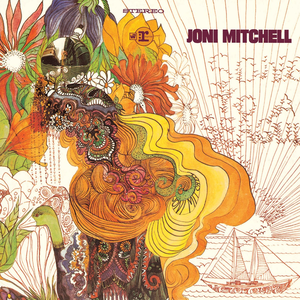
Song to a Seagull is the debut studio album by Canadian singer-songwriter Joni Mitchell. Produced by David Crosby, the album was recorded in 1967 at Sunset Sound and released on March 23, 1968 by Reprise Records.

Clouds is the second album by Canadian singer-songwriter Joni Mitchell, released on May 1, 1969, by Reprise Records. After releasing her debut album, Song to a Seagull (1968), to considerable exposure, Mitchell recorded Clouds at A&M Studios in Hollywood. She produced most of the album and painted a self-portrait for its cover artwork. Clouds has subtle, unconventional harmonies and songs about lovers, among other themes.
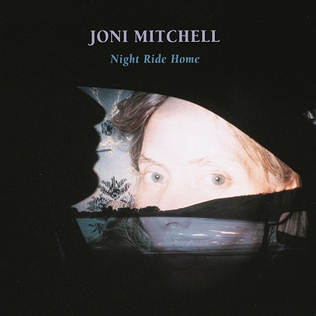
Night Ride Home is the 14th album by Canadian singer-songwriter Joni Mitchell, released in 1991. It was the last of four albums she recorded for Geffen Records.
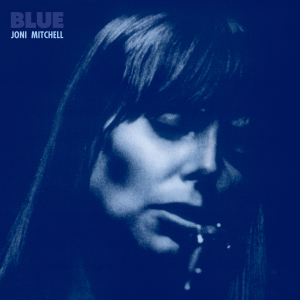
Blue is the fourth studio album by Canadian singer-songwriter Joni Mitchell, released on June 22, 1971, by Reprise Records. Written and produced entirely by Mitchell, it was recorded in 1971 at A&M Studios in Hollywood, California. Created just after her breakup with Graham Nash, and during an intense relationship with James Taylor, Blue explores various facets of relationships from infatuation on "A Case of You" to insecurity on "This Flight Tonight". The songs feature simple accompaniments on piano, guitar and Appalachian dulcimer. The album peaked at number 3 on the UK Albums Chart, number 9 on the Canadian RPM Albums Chart and number 15 on the Blllboard 200.

Dreamland is a compilation album by Canadian singer-songwriter Joni Mitchell, released in 2004 by Rhino. The songs for the album were selected by the singer herself. The booklet contains an essay by Cameron Crowe on Mitchell's career and several paintings by Joni Mitchell. As of December 2007, the album has sold 78,000 copies in the US.

The Beginning of Survival is the first in a series of compilation albums by Canadian singer-songwriter Joni Mitchell, released by Geffen Records in 2004. The songs were taken from her albums Dog Eat Dog, Chalk Mark in a Rainstorm (4), Night Ride Home (3), Turbulent Indigo (2), and Taming the Tiger (1).
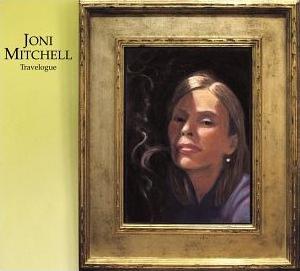
Travelogue is a 2002 double album by Canadian singer-songwriter Joni Mitchell featuring orchestral re-recordings of songs from throughout her career. It is her 18th studio album and is the follow-up to 2000's Both Sides Now which had a similar format. Upon release Mitchell announced that it would be her last album, but later revealed work on a new studio album.
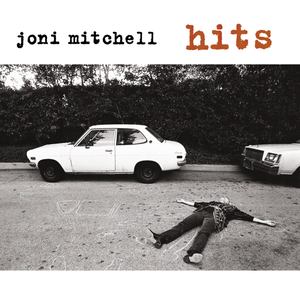
Hits is a 1996 greatest hits compilation by Canadian singer-songwriter Joni Mitchell. As of December 2007, it has sold 488,000 copies in the United States, and was certified Gold in the United Kingdom in 2013 for 100,000 copies sold. A counterpart album, Misses, was released on the same day as Hits. It consists of Mitchell's lesser known songs that she considers personal favorites.

Shine is the nineteenth and most recent studio album by Canadian singer-songwriter Joni Mitchell and was released on September 25, 2007 by Hear Music. It is Mitchell's first album of new songs since Taming the Tiger (1998).
Mary McCaslin is an American folk singer who writes, records and performs contemporary folk music. She has recorded primarily for Philo Records and traveled and performed with her ex-husband, Jim Ringer.

Misses is a 1996 compilation album by Canadian singer-songwriter Joni Mitchell. The selections, chosen by Mitchell herself, concentrate on her lesser known, more experimental work, including jazz influenced recordings from the late 1970s and electronic music from the 1980s. Mitchell also designed the album cover. The album is a companion to Hits, issued on the same day. Mitchell agreed to a request from her record company to release a greatest hits album on the condition that she also be allowed to release Misses.
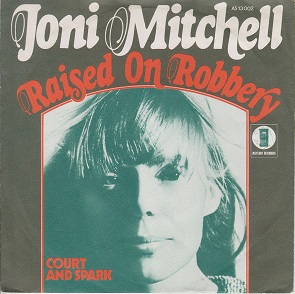
"Raised on Robbery" is a song written by Joni Mitchell, Joni says it was written about the Empire Hotel in Regina, Saskatchewan still standing on Saskatchewan Drive, that was the lead single from her 1974 album Court and Spark. However, this article from CNN confirms that the Empire Hotel mentioned in the song was actually located in Joni Mitchell's hometown of Saskatoon.


















